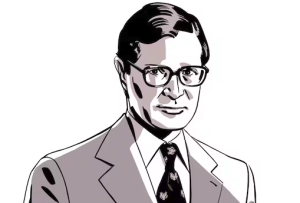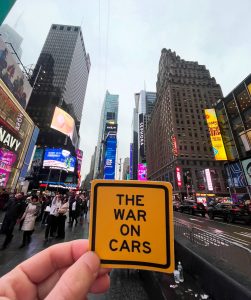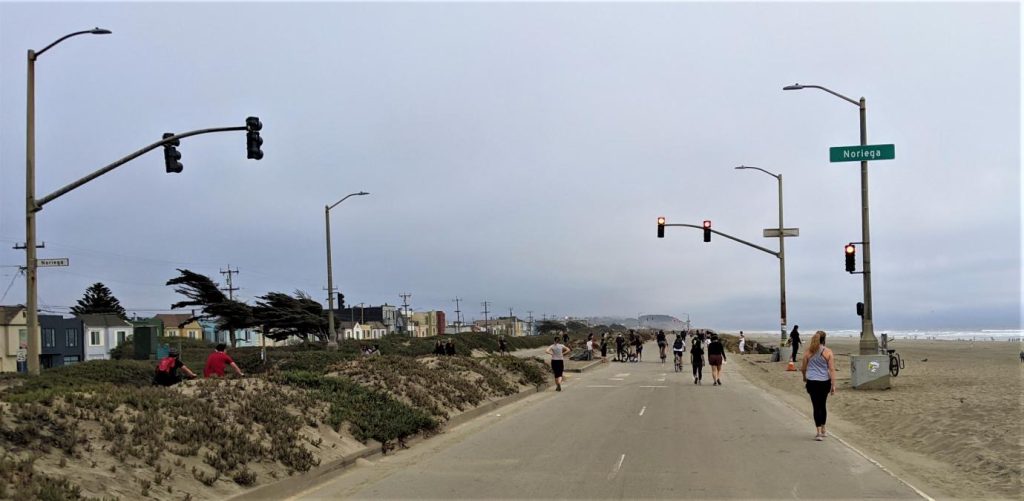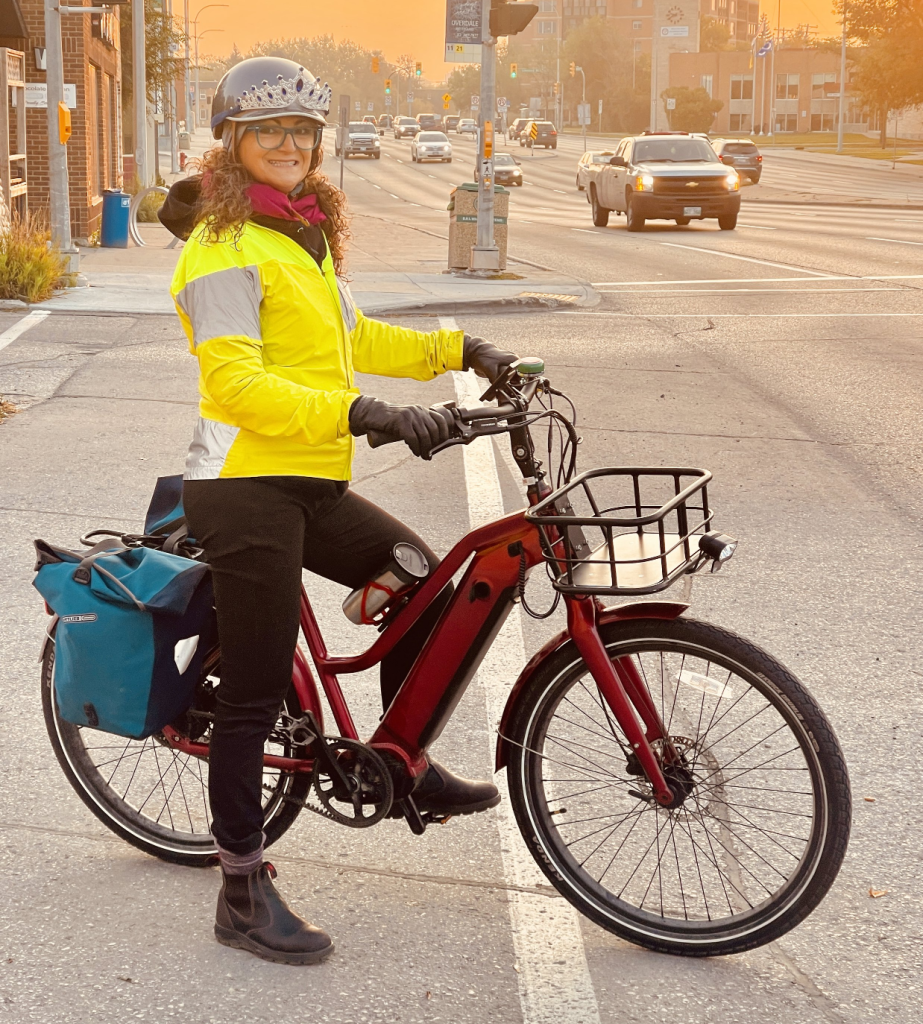
How do dense, walkable cities influence what people wear? Derek Guy has some thoughts. Otherwise known as The Menswear Guy, Derek rose to fame on social media for his takes on men’s fashion. But he also dips his toes into urbanism from time to time, arguing that the ecosystems that support quality craftsmanship and expert tailoring are strongest in places where it’s easy to get around without a car.
Derek joins us to talk about what the great fashion capitals of the world have in common, why Tokyo is a hotbed of fashion enthusiasts, how the housing crisis is affecting style, and more.
You can find the full transcript of this episode here.
*** Support The War on Cars on Patreon and receive exclusive access to bonus content, ad-free versions of regular episodes, free stickers, merch discounts, early access to live shows, and more. ***
Become a Patreon supporter to get pre-sale tickets to our live show on April 24th in Minneapolis, presented by Our Streets.
This episode was produced with support from Cleverhood. Listen for the latest discount on the best and most stylish rain gear for walking and cycling.
LINKS:
Follow Derek Guy on Bluesky, Instagram, and other social media sites.
Read more from Derek Guy at Die, Workwear.
Read Ametora: How Japan Saved American Style and Status and Culture: How Our Desire for Social Rank Creates Taste, Identity, Art, Fashion, and Constant Change, both by W. David Marx









